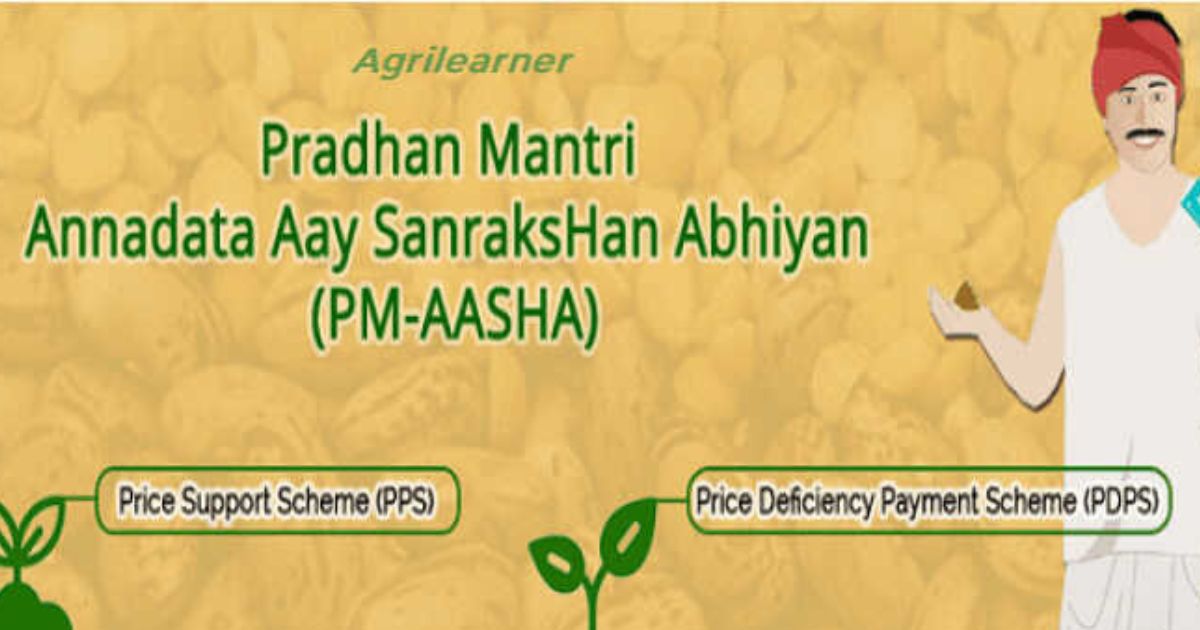Cabinet approves extension of MSP, price stabilisation schemes till 2025-26
20 Sep 2024

The union cabinet has decided to continue with the schemes under the Pradhan Mantri Annadata Aay Sanrakshan Abhiyan (PM-AASHA) that ensure remunerative prices to farmers and prevention of price volatility of essential commodities.
The continuation of the schemes will involve total financial outgo of Rs35,000 crore up to the financial year 2025-26.
PM AASHA is a comprehensive scheme intended to benefit both the farmer producer and the consumer as it combines both price support schemes and price stabilisation schemes – with separate funds allocated for price support and price stabilisation.
Besides the price support scheme and the price stabilization scheme, PM-AASHA will now have components such as Price Deficit Payment Scheme and Market Intervention Scheme.
Price support for procurement of notified pulses, oilseeds and copra under the MSP scheme will cover 25 per cent of national production of these crops from 2024-25 season, which would leave more space for procurement by state governments. This ceiling will not apply in the case of pulses like tur, urad and masur as these crops will get 100 per cent assured procurement for the 2024-25 season.
The government has enhanced the existing guarantee for procurement of notified pulses, oilseeds and copra at MSP from farmers to Rs45,000 crore, in order to enhance procurement of these crops by government agencies.
Procurement of notified crops under MSP from farmers, including pre-registered farmers on eSamridhi portal of National Agricultural Cooperative Marketing Federation of India (NAFED) and eSamyukti portal of National Cooperative Consumers' Federation of India (NCCF) will be done as and when market prices fall below MSP.
This would also motivate the farmers to cultivate more of these crops in the country and contribute in achieving self-sufficiency in these crops leading to reduction in dependence on imports to meet domestic requirement.
Price Stabilization Fund (PSF) scheme will be used to procure crops like pulses and onion at market prices during price volatility in order to supply these to consumers at reduced prices. The Department of Consumer Affairs will undertake procurement of pulses at times of price volatility. The PSF schemes has also been used in the case of other crops such as tomato, wheat flour and rice.
Besides, the center has enhanced the Price Deficit Payment Scheme (PDPS) from 25 per cent of state production of oilseeds to 40 per cent and also enhanced the implementation period from 3 months to 4 months in order to encourage states in the implementation of the scheme.
The center will bear 15 per cent of the difference between MSP and sale/modal price.
The extension of Market Intervention Scheme (MIS) with changes will provide remunerative prices to farmers growing perishable crops such as tomato, onion and potato, and help to bridge the price gap between producing states and consuming states.




















